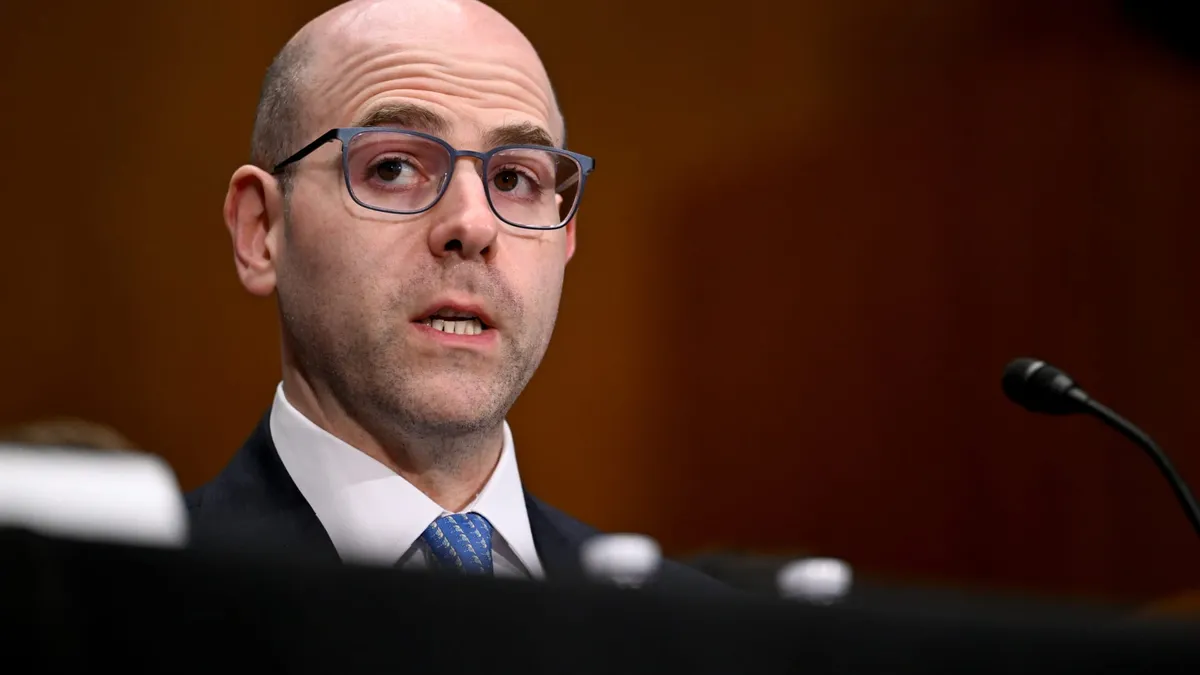
On Monday, Stephen Miran, President Donald Trump's nominee for the Federal Reserve, successfully navigated a crucial procedural step in the Senate, setting the stage for a final confirmation vote later that evening. Miran is poised to join the Fed's Board of Governors just one day ahead of a pivotal meeting where the central bank is expected to deliberate on potential interest rate cuts.
Upon confirmation, Miran has indicated his intention to take an unpaid leave of absence from his role as chair of the White House's Council of Economic Advisors. However, he has refrained from resigning entirely from this position. This decision has intensified worries among Democrats and various economists about the possible erosion of the Fed's independence. Critics argue that having a White House appointee simultaneously serve as an independent governor of the central bank poses significant risks.
These growing concerns are compounded by a history of President Trump's aggressive campaigns aimed at pressuring the Federal Reserve to lower borrowing costs. Market analysts are anticipating that the central bank will announce its first rate cut since December 2024 this week, although there is still uncertainty regarding the magnitude of such a cut. Fed Chair Jerome Powell has largely resisted the president's pressure but hinted last month that economic factors, including uncertainty stemming from tariffs, may justify rate reductions at the upcoming September meeting.
If Miran participates in the two-day Fed meeting commencing Tuesday, it is unlikely that he will cast a decisive vote on any potential rate cuts. During the last meeting held in late July, the Federal Open Market Committee voted 9-2 in favor of maintaining steady rates. Nonetheless, critics remain concerned that Miran could exert influence over the committee's decisions, further undermining the central bank's autonomy from the White House.
Senate Banking Committee Ranking Member Elizabeth Warren (D-Mass.) expressed her discontent with Miran's dual roles, stating that even a single day spent as the President's chief economist while simultaneously holding a position as a supposedly independent governor at the Fed would be excessive. This sentiment was echoed during Miran's recent committee vote, which fell along party lines.
Trump selected Miran to fill the vacancy left by former Governor Adriana Kugler, who unexpectedly resigned in August. Miran's term is set to last until January 31, coinciding with the expiration of Kugler's original term. "The term for which I've been nominated is four and a half months. If I am nominated and confirmed for a longer term than just a handful of months, I would absolutely resign from the White House," Miran stated during his confirmation hearing.